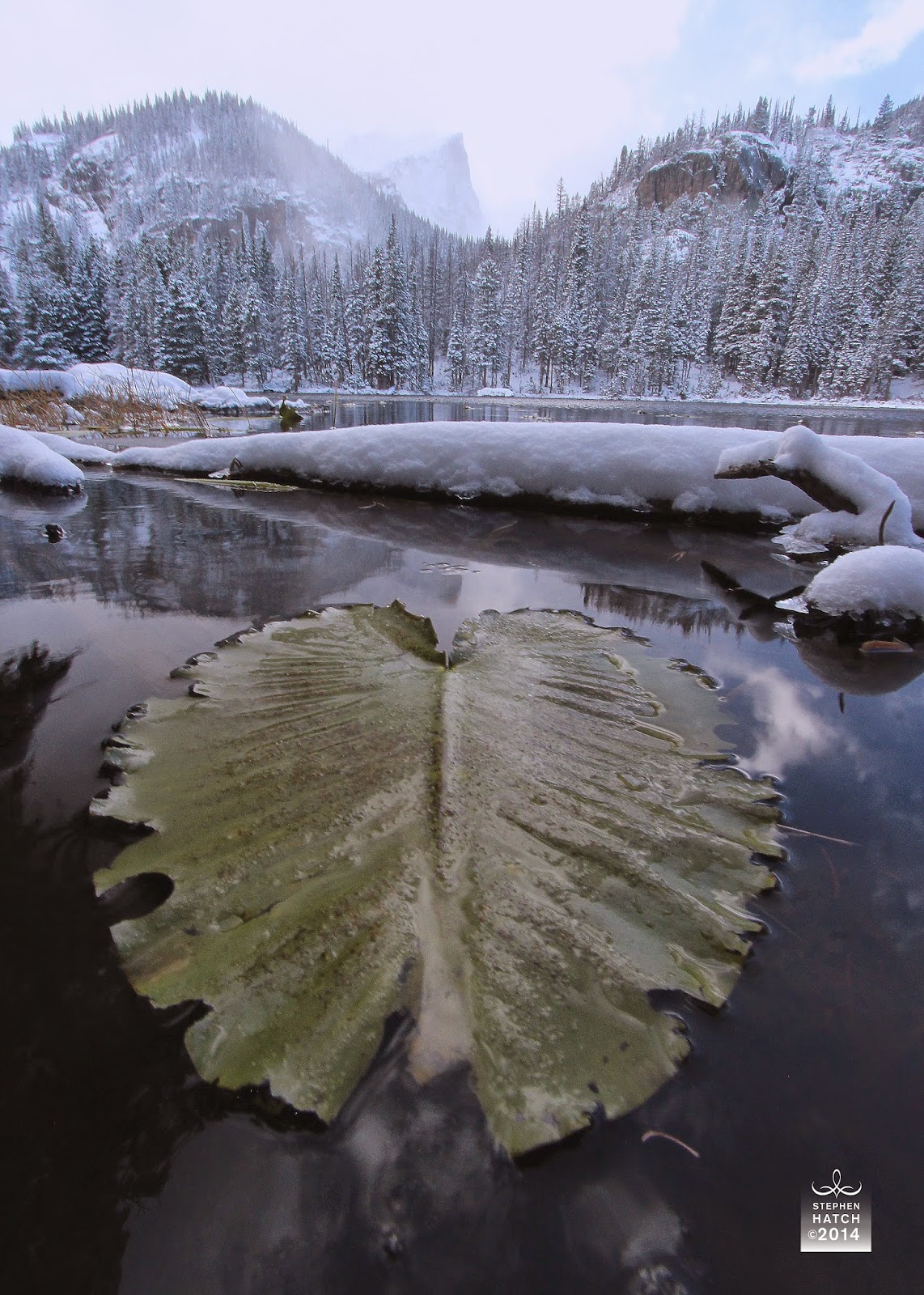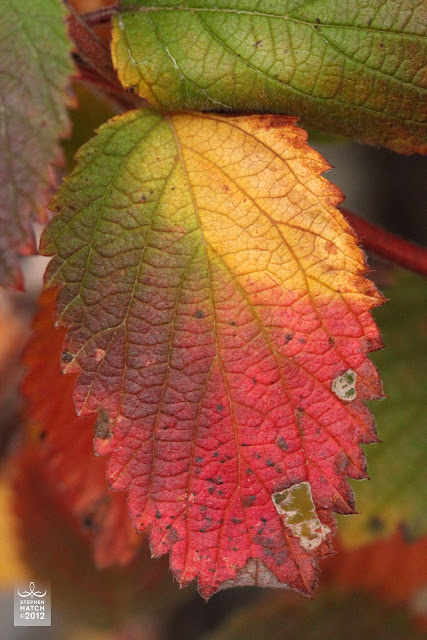Welcome! I am a contemplative thinker and photographer from Colorado. In this blog, you'll discover photographs that I've taken on my hiking and backpacking trips, mostly in the American West. I've paired these with my favorite inspirational and philosophical quotes - literary passages that emphasize the innate spirituality of the natural world. I hope you enjoy them!
If you'd like to purchase photo-quote greeting cards, please go to www.NaturePhoto-QuoteCards.com .
In the Spirit of Wildness,
Stephen Hatch
Fort Collins, Colorado
P.S. There's a label index at the bottom of the blog.
Showing posts with label Alfred North Whitehead. Show all posts
Showing posts with label Alfred North Whitehead. Show all posts
Tuesday, June 30, 2015
Sunday, June 28, 2015
Thursday, June 4, 2015
Saturday, November 22, 2014
God's own life is an adventure!
"God's own life is an adventure!"
Alfred North Whitehead
Yesterday's hike was quite amazing! I broke trail on snowshoes for several miles up to Lake Hiayaha, where the ice was beginning to crystallize in intricately delicate patterns. Then I hiked two bowls over just in time for the alpenglow on Long's Peak at Mills Lake.
All of this was followed, of course, by a beautiful snowshoe hike back down in the dark with the aid of a headlamp. What a great day!
Photos: (Top) Intricate ice on Lake Haiyaha, Rocky Mountain National
Park, CO, November 21, 2014; (Middle) Alpenglow on Long's Peak, with a Limber Pine in the
foreground, Mills Lake, Rocky Mountain National Park, CO, November 21,
2014; (Bottom) Alpenglow on Long's Peak
from Mills Lake, Rocky Mountain National Park, CO, November 21, 2014
Tuesday, October 28, 2014
Beauty is the harmony of contrasts.
"Beauty is the harmony of contrasts."
Alfred North Whitehead,
20th century philosopher
Today was amazing! I started out on the Plains at 5,000 feet with golden Cottonwoods glowing next to rock formations in silhouetted in shadow. The temperature was about 50 degrees. Then, hiking up to a lake at 9,700 feet, I found floating green water lily leaves with snow glistening in the trees and on the peaks.
Finally, at 10,100 feet, I reached a lake where the conditions were wintry, with snow blowing all around and the wind chill hovering near zero. How amazing it is to live in a place where so many different environments abound!
Photos: (Top) A farmer's fields, an irrigator, Cottonwoods glowing, and the Devil's Backbone, near Loveland, CO; (Middle) Waterlily leaf on Nymph Lake, Rocky Mountain National Park, CO; (Bottom) Blustery winds buffet a Limber Pine, with Hallett Peak looming in the background, Emerald Lake Trail, Rocky Mountain National Park, CO. All three photos were taken on October 27, 2014
Saturday, April 26, 2014
Sunday, March 2, 2014
God and the world have a reciprocal relationship.
"What is done in the world is transformed into a reality in heaven, and the reality in heaven passes back into the world. By reason of this reciprocal relation, the love in the world passes into the love in heaven, and floods back into the world."
Alfred North Whitehead
Photo: Clouds above Bierstadt Lake at sunset; Rocky Mountain National Park, CO; February 24, 2014
Alfred North Whitehead
Photo: Clouds above Bierstadt Lake at sunset; Rocky Mountain National Park, CO; February 24, 2014
Wednesday, January 8, 2014
Process Theology Reconciles Creation and Evolution
Another modern way to reconcile evolution and divine creation is through Process Theology. Envisioned by philosopher Alfred North Whitehead and then refined by theologians like John Cobb and David Griffin, Process Theology posits a dual nature to God. In God's "Primordial Nature," the divine being is an eternal, transcendent, perfect Love who lures the creation to evolve into ever-greater complexity and self-consciousness. Complementing this is God's "Consequent Nature," that aspect of God that indwells the evolutionary process and the various new forms of consciousness that develop with each creature that evolves, thus enriching the divine life with novel adventures and experiences. Thus, God remains both transcendent to and immanent within the evolutionary process.
Whitehead puts it this way: “The concept of an Adventure [occurs] in the Universe as One. This is simply a way of describing God . . . The point is that God’s own life is an adventure, for the novel enjoyments that are promoted among the creatures are then the experiences providing the material for God’s own enjoyment . . . And God’s life is also an adventure in the sense of being a risk, since God will feel discord as well as the beautiful experiences involved in the finite actualizations: the Adventure of the Universe starts with the dream and reaps tragic Beauty.”
Photo: Coyote tracks in the snow, with the Lumpy Ridge glowing in the background; Rocky Mountain National Park, CO; January 7, 2013
Whitehead puts it this way: “The concept of an Adventure [occurs] in the Universe as One. This is simply a way of describing God . . . The point is that God’s own life is an adventure, for the novel enjoyments that are promoted among the creatures are then the experiences providing the material for God’s own enjoyment . . . And God’s life is also an adventure in the sense of being a risk, since God will feel discord as well as the beautiful experiences involved in the finite actualizations: the Adventure of the Universe starts with the dream and reaps tragic Beauty.”
Photo: Coyote tracks in the snow, with the Lumpy Ridge glowing in the background; Rocky Mountain National Park, CO; January 7, 2013
If you'd like to make a donation to help fund Nature Photo-Quotes, please go here. Thanks!
Tuesday, April 16, 2013
God uses what in the temporal world is mere wreckage.
"God is the great companion - the fellow-sufferer who understands . . . He is the ideal companion who transmutes what has been lost into a living fact within his own nature . . . He saves the world as it passes into the immediacy of his own life . . . He uses what in the temporal world is mere wreckage . . . God is the poet of the world, with tender patience leading it by his vision of truth, beauty and goodness."
Alfred North Whitehead
Photo: Pasqueflowers emerge from the ash; Hewlett Burn, Roosevelt National Forest, CO; April 14, 2013
Thursday, January 24, 2013
In the Chinese language, "No" sometimes means "Yes"!
"In his fascinating book entitled "Hunger Mountain," Chinese language scholar David Hinton tells us that "[A]s far back as the eye can see, that pregnant emptiness at the heart of things has been a woman dancing, her swirling movements enhanced by foxtails [grasses] streaming out from her hands." Hinton then shows the early ideogram for "wu," which really does look like a woman dancing with grasses hanging from her hands. Amazingly, "Early on, this graph meant both 'dance' and 'Absence' (Nonbeing). As the language evolved, the graphs for the two words grew apart, though their pronunciation ("wu") remained the same." However, if we leave the two meanings together, we have something like "the originary dance of absence;" that is, the dance through which pregnant emptiness or spaciousness or vast awareness gives birth to the ten thousand things.
I find it amazing to realize that an open, relaxed and spacious mind is actually far from stagnant, for out of it arises an energy that gives birth to the multitude of creatures inhabiting this planet. Accordingly, the Taoist Chinese word "wu-wei" means "Absence acting," the process by which we let the ego fall away and discover that the vast openness of awareness is somehow able to perform our actions, like an echo manifesting itself with no original sound.
Moving on to examine a famous Ch'an Buddhist koan (a paradoxical phrase that is used as a tool for reaching enlightenment), Hinton then shows how "wu" has a third meaning besides both "absence" and "dance." That third meaning is "No!" Amazingly, however, the "No" contained in the word "wu" can also mean "yes"! just as emptiness is able to manifest itself in all of the forms of daily life. According to the koan, "A monk asked: 'A dog too is/has Buddha-nature, no?" "No," Chao-chou replied. In Japanese, "wu" becomes "mu," the word we generally remember as the response to the monk's question. In any case, when the monk asks his question, and then says "no?" at the end, that idiom can just as well mean "yes." For it would be the very same thing to ask, "A dog too is/has Buddha-nature, yes?" Here, "wu" is sometimes called a "no-gate gateway," meaning a negative answer that suddenly shapeshifts into "yes."
I am not a Zen Buddhist, and I have never done koan work, but I can say this: to look at life challenges as an emptiness that inexplicably manifests itself as a dancing energy - or as a "no" that suddenly shapeshifts into a "yes" - is a truly amazing and encouraging insight. In meditation, we watch spellbound as the "no-thing" of open, spacious awareness suddenly manifests as millions of thoughts, all of which appear as a sort of "yes" dancing within the open space. Similarly, it is helpful to understand that the "no" with which life often seems to answer our desires can suddenly, inexplicably, dance its way into a "yes." Fortunate for us, this insight is actually encoded into the Chinese language in the form of a "wu" that spontaneously is able to transform emptiness into a dance which is somehow able then to produce the ten thousand things. How encouraging this is when times seem hard!
Photo: Sunset clouds dancing and reflecting in the ice of a pond; Rocky Mountain National Park, CO; December 21, 2012
Monday, October 8, 2012
Subscribe to:
Posts (Atom)
















